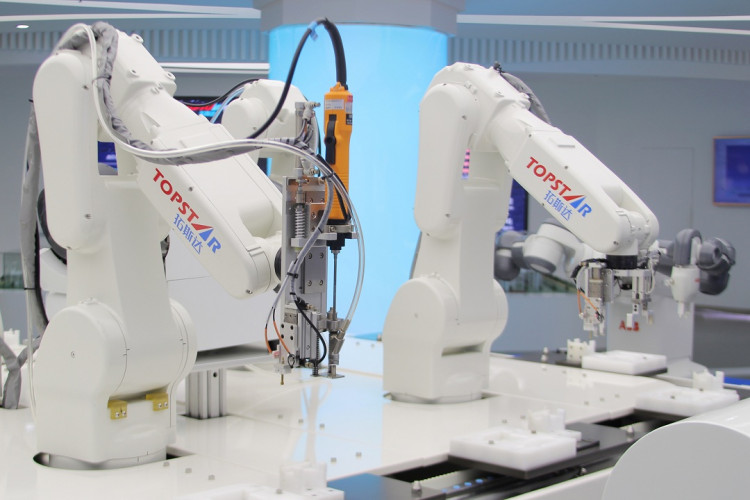In its continued march to becoming a world leader in science and technology development, China has revealed that it will be increasing its allocated budget for scientists this year.
During the recently held Chinese People's Political Consultative Conference, it was revealed that the funding for the country's science and research will be increased to around 2.5 percent of China's GDP.
China had previously set a budget goal for its science and development research, which it had planned to slowly increase over the years. With the recent announcement, the country has now reached its budget goal for scientific research and development a year ahead of schedule.
The country had previously revealed that it had already set up a medium-to-long term plan to drastically increase its budget for science and technology development from 2006 to 2020.
The end goal was to reach 2.5 percent of its GDP. In 2018, the country allocated around 2.18 percent of its GDP, which was roughly around US$292 billion. The figure was around an 11 percent increase compared to the previous year. Before the plan was put into place, China's budget for research and development was negligible. Funding for research in 2000 only accounted for 0.8 percent of the country's GDP.
Despite being significantly larger than the budget that was allocated in the previous years, some agencies are still clamoring for more funding. While the country has reached its goal for scientific research funding,
China still lags behind other developed countries. Israel and South Korea currently top the list when it comes to scientific research spending. Both countries reportedly allocate more than 4.5 percent of their GDP for scientific research.
China's Minister of Science and Technology, Wang Zhigang, mentioned at the second session of the 13th National People's Congress (NPC) that stakeholders at all levels must also play a part in funding scientific research. According to Wang, enterprises and social entities must also consider increasing their budget for research.
Compared to countries like the United States and South Korea, only a small portion of enterprises in China actively invests in scientific research and development. Wang further explained that basic research will ultimately lead to technological innovation, which will in turn help drive the country into shifting to higher-quality development.
The minister also revealed his agency's plan to encourage more of the private sector to increase their investments into research. Most companies apparently still depend on foreign technology and research results, which Wang sees as the biggest weakness of the country's science and technology sector. According to Wang, if China is to become a global tech superpower, the private sector must also play an active part given that the government has already achieved its funding goal.






